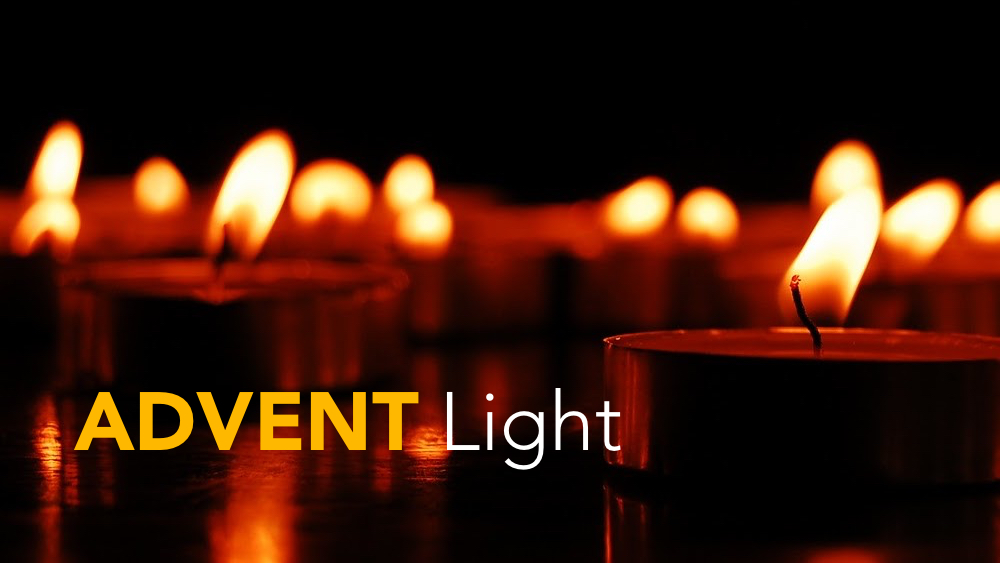In the dark days of Winter, as we journey to the Winter solstice, we enter upon the liturgical season of Advent. As we begin our thoughts turn inward to what is going on within ourselves and outward to the wider world of family, friends and people for whom we care.
We are not comfortable with darkness. Nonetheless, it is well known that it is often in dark places that our souls find comfort. It is like entering the womb again, a place that is dark but strangely and wonderfully comforting.
So, find a comfortable place, maybe not too dark. Light a candle and journey with us as we reflect on the readings for First Sunday of Advent which you will find here.
Reflection on the Readings
Jeremiah
Jeremiah is the first person we meet in the Advent readings. He was a fairly fierce kind of fellow, brave, stout-hearted, and not afraid to speak out on things that concerned him and the people of Israel in or around the sixth century BCE, about 2400 years ago. He is well known for having purchased a field while the country was experiencing a full scale invasion and he himself, along with the rest of the people, was carted off into exile. Not an act that an investment manager would approve today.
Jeremiah was that kind of person. He had strong faith in the person he called the LORD. So, let’s pause there. Let’s dig deep into that conviction that the LORD will remain always with us, a presence in whom we can be always confident. Saying the words “In you, O Lord, I trust. I shall be safe.”
Psalm 25
Psalm 25 has a beautiful message for us. In verse 4 the psalm says: “It is the LORD who will teach us the path to follow.”
As you sit there in the quiet with your candle, your thoughts may turn to where your life is headed right now. Perhaps everything is going brilliantly. Good for you. Enjoy the moment. Or, perhaps, like so many, you are experiencing a bit of turbulence and uncertainty.
Our psalm for the First Sunday of Advent is a great vocation prayer, a prayer that places us before the question: where is my life going right now? “Make me know your ways”, the unknown person who wrote this psalm-prayer says.
From the beginning of time, people have continued to ask this most personal of questions. In ancient times tribal solidarity meant that you had few choices to make. The only choice was survival. In the semitic culture from which the Bible comes there was no survival outside the tribe.
We modern people know that so much depends on making good choices for our lives. If you are in school you will know the pressure of the points system for college. You may be filling out a CAO or UCAS form come January. If you are older you will have already experienced the moments of self-doubt about your future. Where are am I going? Am I happy with my present situation? Where is my deepest desire?
The Gospel from Luke
In the Gospel Luke invites us to enter into an imaginative cosmic experiment, to think about the end of time and the final unravelling of the Universe. Without the benefit of our scientific knowledge, he would not have known that our Universe is more likely to end in a whimper, in the final disappearance of all light and energy, the slow final rotation as the Universe runs out of energy.
Luke paints this picture of cosmic end-times but then has Jesus telling us a simple parable about the fig tree. It is a story about change, growth and blossoming in the spring time. In these Winter days it is a message about the return of the light of which ancient peoples were aware. This is something deep in our psyche, the longing for the light, for the return of the light. Jesus reassures us that despite change, even catastrophic change in our lives, his message of comfort and care will not diminish or change. God is near and God is our faithful companion.
Something for the Road
Life is a journey which offers few guarantees. It is marked by uncertainty and change. Yet, our deepest longing and yearning is for peace, rest and being. Nietzsche, despite his anti-religious stance, was intuitively correct when he evoked in Thus Spake Zarathustra the idea that joy wills “deep, deep eternity.” In each one of us there is, in our deepest longing and yearning, a desire for the eternal. Saint Augustine knew this when he said that our hearts desire God. We seek the eternal.
Some seek eternity in striving to achieve something that will be headline news all over the world like doing a solo-trek across the Antarctic or being the first human to set foot on Mars. In this first week of Advent we offered a more human vision of living fully as human beings with and for God. We are all, whatever our circumstances, destined for this great adventure.


Perhaps a suitable prayer or two (from the liturgy perhaps) could be added.
I like the reflection very much. Great food for thought as Advent begins. I want to share it with all my contacts.